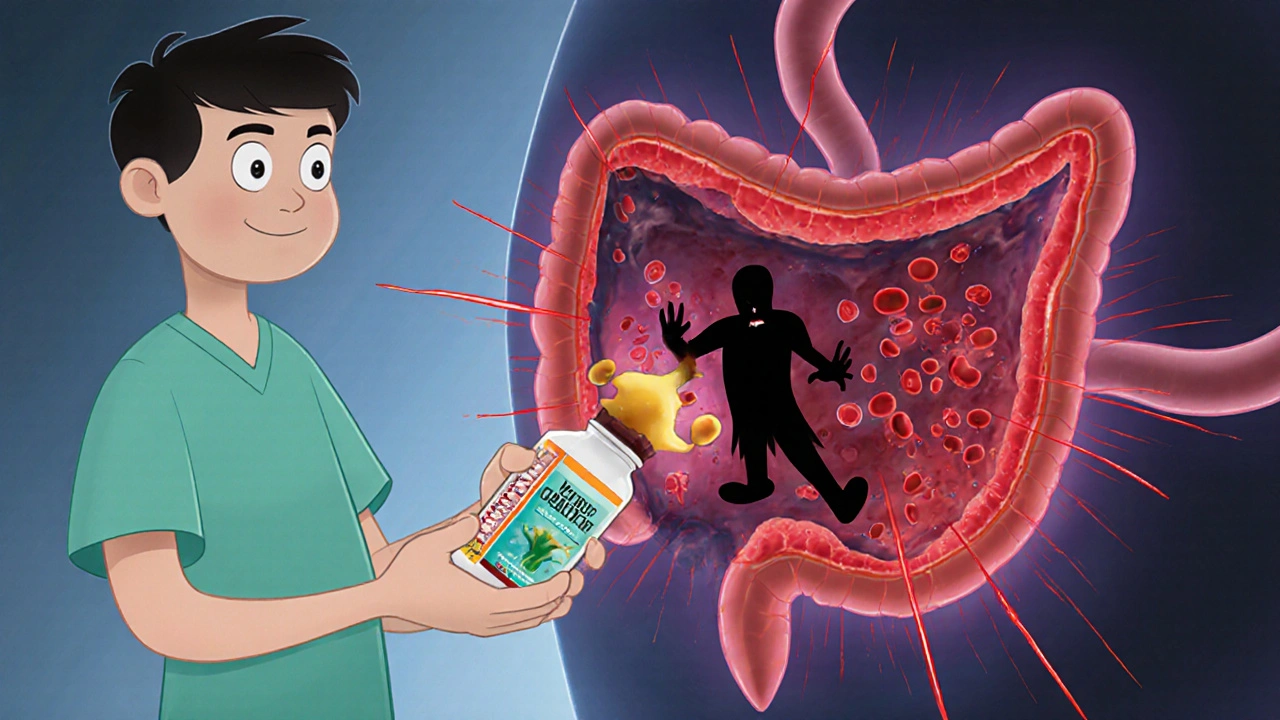Saccharomyces boulardii risks: What you need to know before using this probiotic
When you hear "probiotic," you probably think of gut health, digestion, and maybe even yogurt. But Saccharomyces boulardii, a live yeast strain used as a probiotic to treat diarrhea and support gut balance. Also known as S. boulardii, it's not a bacteria—it's a fungus. And that changes everything. Unlike most probiotics, which are bacteria, this one is a living yeast. That’s fine for most people. But for others, it’s not just a harmless supplement—it’s a potential danger.
People with weakened immune systems, central IV lines, or severe illnesses are at real risk of fungemia, a serious bloodstream infection caused by yeast entering the blood. There are documented cases where people on long-term antibiotics or with intestinal damage developed infections from S. boulardii itself. It’s rare, but when it happens, it’s life-threatening. Even healthy people can react badly if they’re allergic to yeast or take it with certain medications. For example, if you’re on antifungal drugs like fluconazole, S. boulardii won’t work—it’ll get killed off before it helps. And if you’re on immunosuppressants, the risk of yeast spreading in your body goes up fast.
It’s also not safe for kids with short bowel syndrome or people who’ve had recent surgery. Some users report bloating, gas, or constipation—mild stuff. But when you’re already sick, even mild side effects can become serious. The FDA doesn’t regulate supplements like this the way it does drugs, so quality varies. One batch might be clean. Another might have contaminants. And if you’re buying online, you have no way to know.
There’s a reason this probiotic shows up in posts about drug interactions, antibiotic side effects, and immune health. It’s not just another pill. It’s a living organism that can behave differently in different bodies. If you’re considering it because you had diarrhea after antibiotics, talk to your doctor first. Ask if your immune system is strong enough. Ask if you’re on anything that could clash with it. Ask if there’s a safer alternative—like a bacterial probiotic—that won’t carry the same fungal risk.
Below, you’ll find real-world stories and comparisons from people who’ve used S. boulardii—or avoided it. Some found relief. Others ended up in the hospital. The difference? Knowing the risks before they started.

